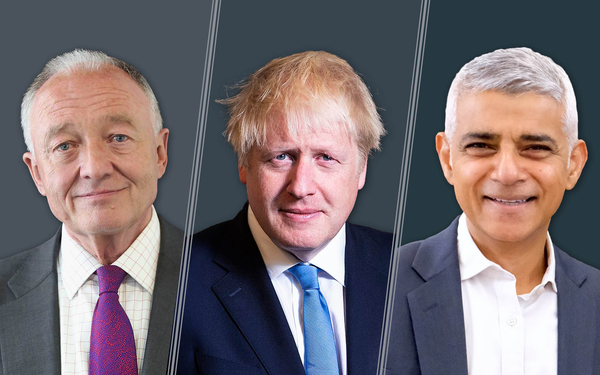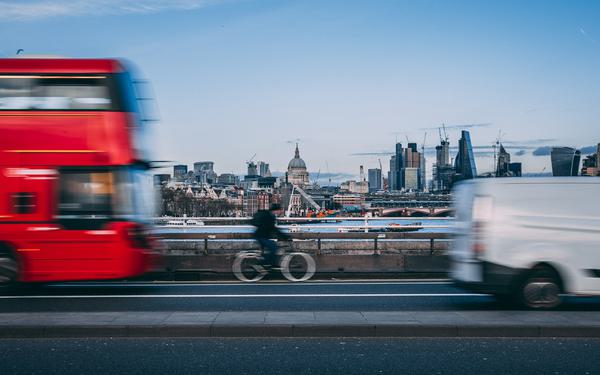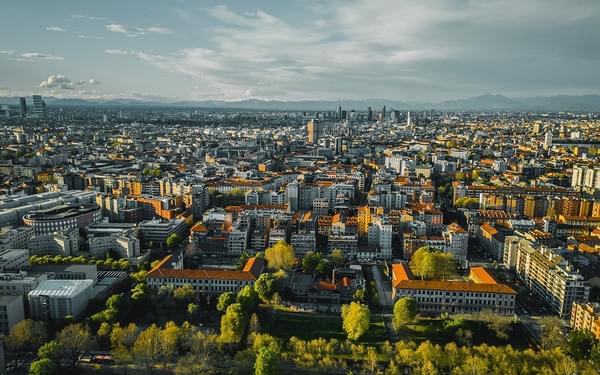Back to Articles
Birmingham - what does the city need from the West Midlands mayoral election?
Matt Tebbett \ 17th Apr 2024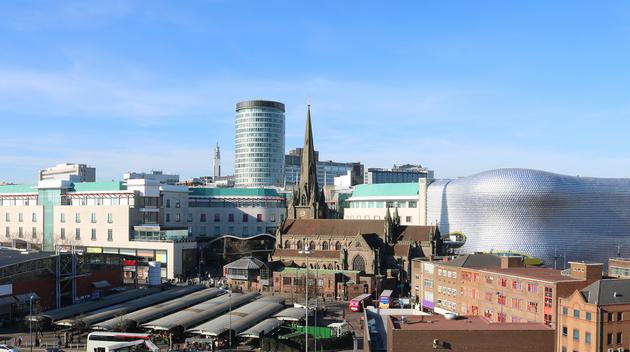
With the West Midlands mayoral election just days away, our Midlands regional director Matt Tebbett runs the rule over what issues will face the next elected mayor in the key city of Birmingham.
The West Midlands mayor represents around 2.8 million people. It's a region that includes Coventry, Walsall, Wolverhampton, Solihull, Sandwell, Dudley, and arguably the headline act - Birmingham.
The election on 2 May comes at a crucial turning point for Birmingham's future. Intriguingly, the candidates running for mayor have presented vastly different visions for the city, and the outcome of this election will have a significant impact on the residents of Birmingham and the wider West Midlands area.
Casting political viewpoints to one side, what does the city need from its leadership to meet its 2040 vision to create a fair, inclusive and green place that benefits all communities?
Economic development
This is a key issue in this election. Birmingham has seen some progress in recent years, but there is still a long way to go in terms of creating jobs and attracting investment to meet the aspirations of the city and transform the wider region from its industrial powerhouse past.
The next mayor will need to have a clear plan for how to continue - and accelerate - this economic growth. They need to attract investment, create an environment conducive to business growth, and build on the success of companies such as Goldman Sachs, HSBC and PwC who have established a presence in Birmingham.
The challenge is the much-publicised bankruptcy of Birmingham City Council and the cessation of non-essential spending. This affects key services, which may cause major employers to look elsewhere when considering a relocation because of the impact on their staff. Current mayor Andy Street has urged everyone to 'keep the faith'.
The candidates' economic platforms and policies will directly influence the city's ability to create jobs, support small businesses, and attract new industries. A mayor who prioritises economic development and has a clear plan for job creation and investment will likely deliver a more vibrant and prosperous Birmingham.
Infrastructure and public services
Another important issue is the health of the city's infrastructure and public services. In light of the city's financial distress, this is cause for concern.
Birmingham has struggled with problems like ageing infrastructure, inadequate public transportation, and a lack of affordable housing. The next mayor will need to build on the progress made to date and address these issues and work to improve the quality of life for all residents. It's a core part of the aspirations of the Birmingham 2040 plan.
Pressing social issues need to be addressed, such as education, public safety, and racial equity. The next mayor must be committed to addressing these issues and working to create a more inclusive and equitable city for all residents.
There are examples of success: HS2 is a lightning rod for the region, and the thriving arts and film industry in Digbeth is another positive step forward in an area attracting investment from Homes England.
The next mayor will need to encourage public-private partnerships to fund development projects, and invest in workforce training programmes to create a more favourable environment for businesses to thrive.
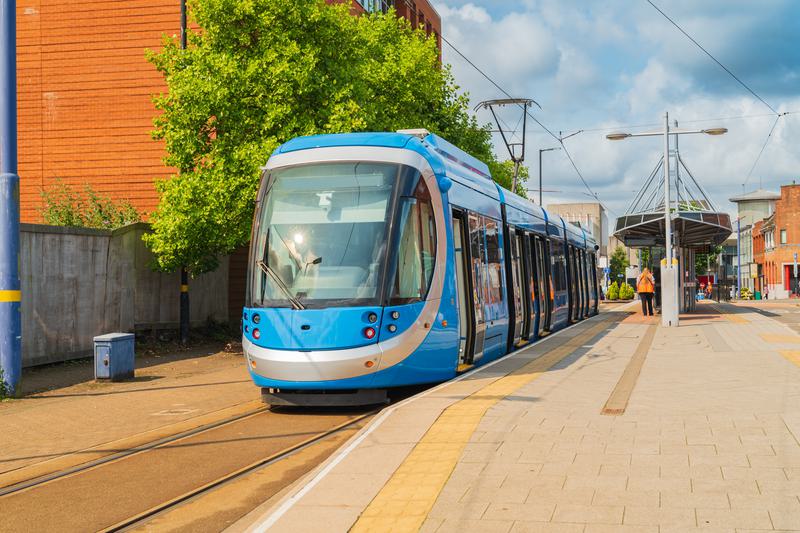
Environment and sustainability
Jobs, public services, social inclusion, and safety will undoubtedly be the key messages heard on doorsteps. However, don't underestimate the role that the environment, sustainability, and clean energy can play in helping address some of these big voter issues.
A cleaner, greener, more sustainable city, with investment in emerging technologies to create jobs and wealth, will go a long way to re-shaping Birmingham and the wider West Midlands.
There's an opportunity for the next mayor to prioritise investment in renewable energy, to reduce the region's post-industrial reliance on fossil fuels and decrease carbon emissions.
Improving public transportation and developing safe and accessible cycling infrastructure would represent significant progress towards many objectives: a healthier community, cleaner air, a reduction in emissions, safer streets, and greater community interaction.
Voters will also value the protection of green spaces and biodiversity which helps create safe, calm spaces, as much as it helps maintain important natural habitat corridors and a wider ecosystem.
Promoting energy efficient buildings, the retrofit of existing structures for new housing, and commercial workspaces that achieve the highest environmental credentials under schemes such as NABERS and BREEAM In-Use will also attract major employers and employees, who will regard Birmingham as the place to be.
Under two mayoral cycles with Andy Street, the region has demonstrated a level of independent thinking from the corridors of Westminster, and progress has been made. But the shadows cast by deprivation and public spending cuts are long, and this feels like a significant moment for Birmingham and the West Midlands in the trajectory of the region.
